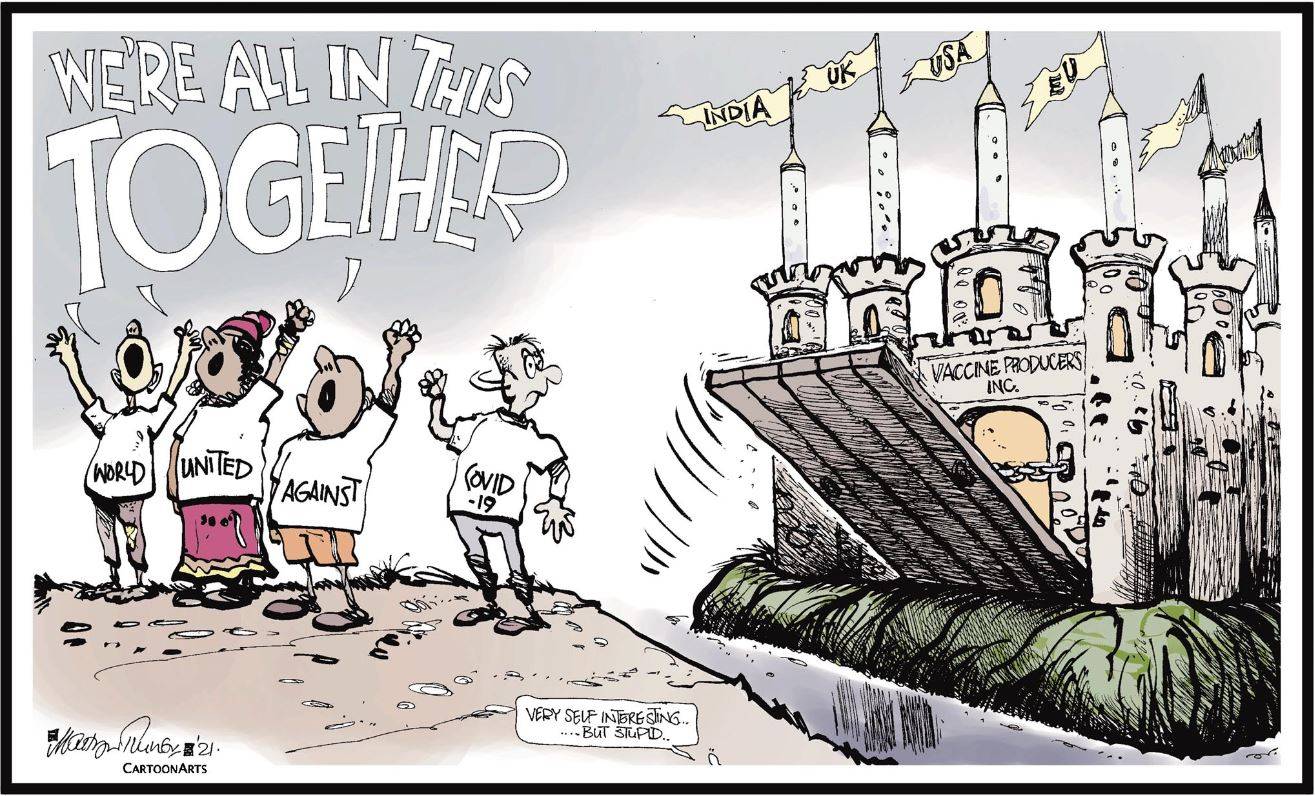As the second wave of the COVID-19 pandemic outstrips the severity of the first, a clear global bifurcation is emerging. The pandemic is abating, gradually and unevenly, across richer countries, but flaring up in several developing and emerging economies, most notably India, but also to varying degrees in countries such as Bangladesh, Pakistan, Turkey, the Philippines, Ethiopia, and Kenya.
There are many reasons for this divide, but uneven access to health care — particularly the glaring inequity in access to COVID-19 vaccines — is impossible to ignore. On Jan. 18, the director-general of the World Health Organization, Tedros Ghebreyesus, noted that more than 39 million doses of COVID-19 vaccine had been administered in at least 49 higher-income countries. By contrast, he said, “Just 25 doses have been given in one lowest-income country. Not 25 million; not 25 thousand; just 25.”
More than 1 billion vaccine doses have now been administered worldwide, but vast disparities remain. Seychelles tops the list, having fully vaccinated 59% of its citizens, while Israel (56%), Chile (34%), and the United States (30%) also rank high. Brazil, however, is 43rd globally, with just 5.9% of its population fully vaccinated, while India and Bangladesh are much lower, at 1.8% and 1.7%, respectively. And in some countries, mainly in Sub-Saharan Africa, virtually no one has been vaccinated.


















With your current subscription plan you can comment on stories. However, before writing your first comment, please create a display name in the Profile section of your subscriber account page.